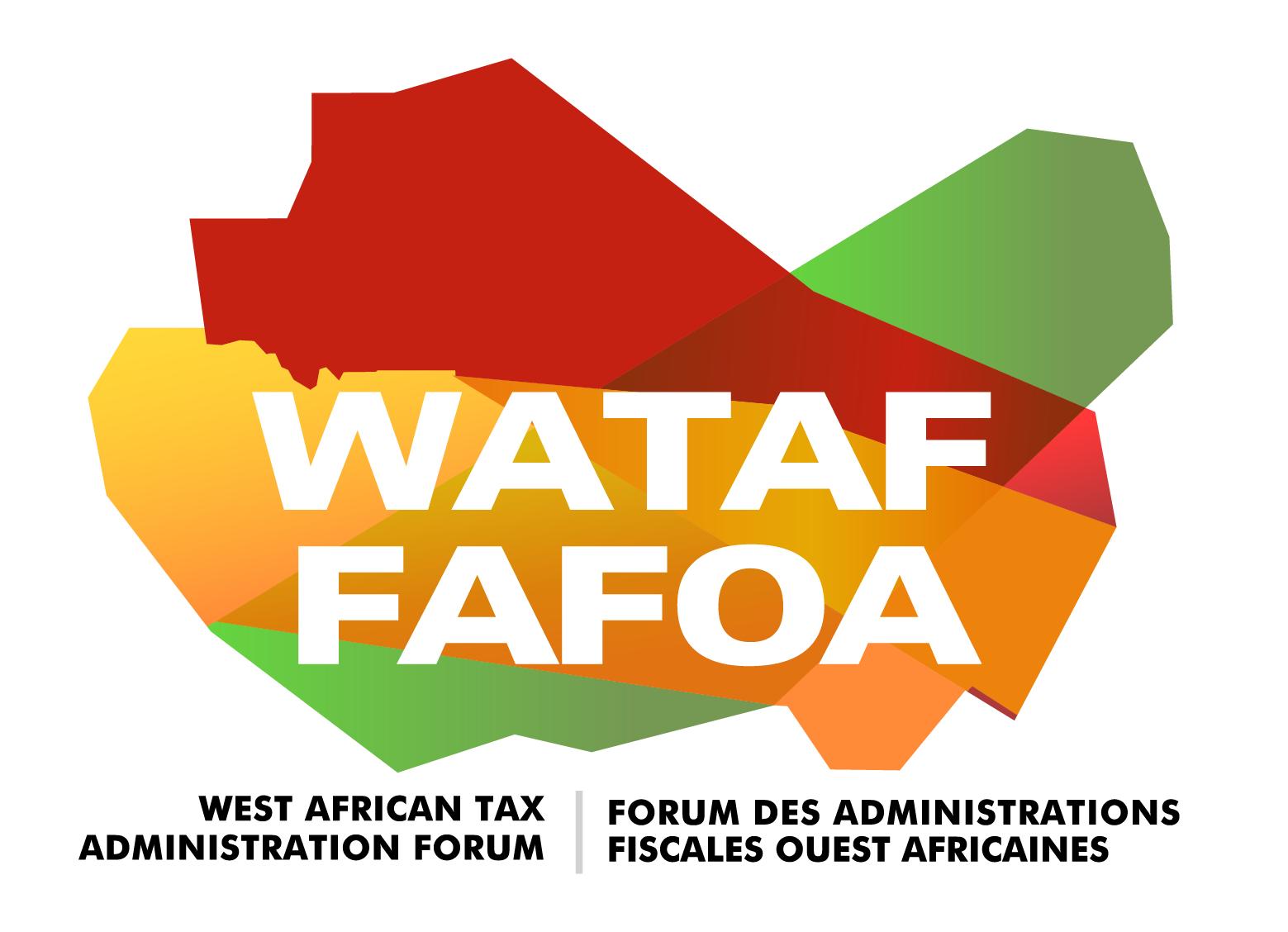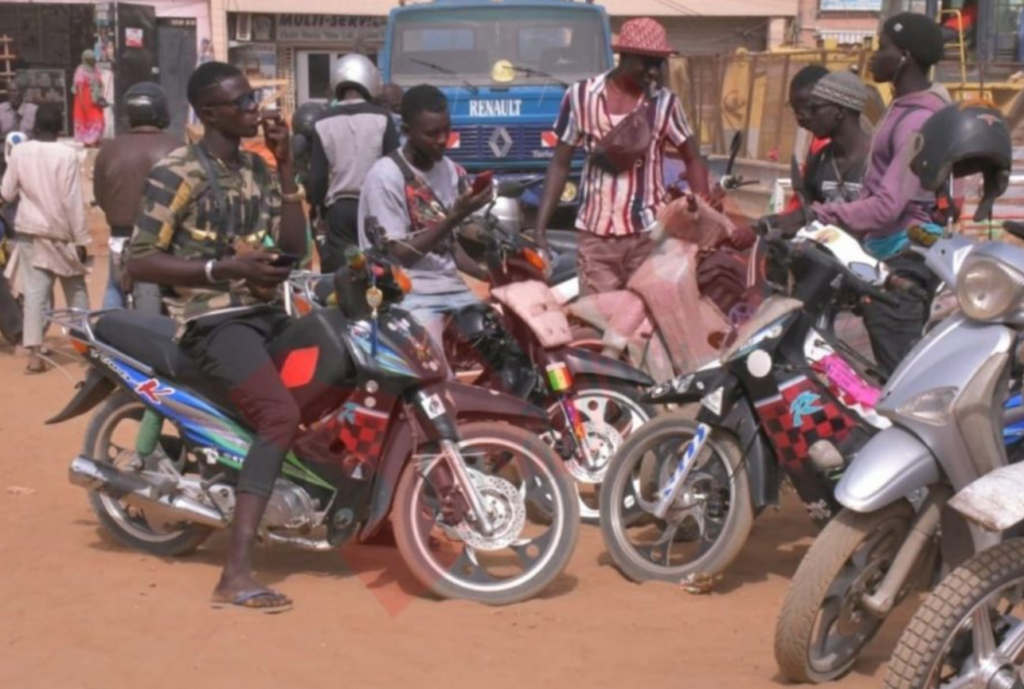Source of the picture of Jakarta Men[1]: https://www.sudquotidien.sn/thiak-thiak-dans-dakar-et-sa-banlieue-un-business-florissant-pour-les-jeunes/
Several studies have been conducted to assess tax compliance attitudes in Senegal. Petit and Jalles (2018)[2] assessed the reforms to mobilize revenue in Senegal and discovered that the quality of government spending matters for long-term revenue mobilization. Moreover, Sow and Sene (2021)[3] reported a causal relationship between Islamic religious brotherhoods and tax morality in Senegal, underscoring the individuality of tax noncompliance. However, Ameth (2019)[4] advocates for tax and institutional reforms in Senegal, which chime in with some challenges faced on the ground by the Civil Society Organizations (CSOs) affiliated with the International Budget Partnership (IBP), such as Forum Civil, Lex Africa, and NGO 3D (Democratie – Droits humains – Dévelopement), etc.
While Kassa (2021)[5] reported tax fairness, knowledge, and moral obligation as the influencers of tax behavior, Koroma (2022)[6] blamed the existing tax laws as aids to tax avoidance and evasion. The case of commercial motorbike riders in the local government of Bignona is immensely illustrative. The Jarkata men, as they are called, were criticizing the payments of taxes, arguing that it was inequitable for them to pay three thousand francs CFA monthly and cumbersome to show up at the tax administration offices for payments.
A tripartite negotiation was engaged with Forum Civil as a facilitator. The pedagogical approach adopted by the aforementioned CSO led to an agreement that the Jakarta men would pay one hundred francs CFA daily for their activities. To strengthen the efficiency and effectiveness of the mobilization of this domestic revenue, the usage of the funds collected was clearly stated, binding the local government to accountability and transparency.
The recent census in Bignona (Senegal) disclosed by the Forum Civil shows that over four hundred[7] commercial motorbike riders are complying with the tax law. This commensurate number of compliances has tremendously decreased tax avoidance in the Bignona constituency. The success story at this microcosm level can be expanded at the national level to increase domestic revenue mobilization for the sustainable development of the country.
WATAF, as a regional tax organization, also advocates in its discussion paper[8] for improvements in tax administration and policy frameworks to mobilize revenue not only in the country but also in the regional economic community of West Africa.
[1] Commercial motorbike riders
[2] Petit, P., & Jalles, J. T. (2018). Reforms to mobilize revenue in Senegal: Lessons from six emerging markets. Race to the next income frontier: How Senegal and other low-income countries can reach the finish line
[3] Sene, O., & Sow, A. (2021). Does membership in religious brotherhood affect tax morale: evidence from Senegal? Available at SSRN 3813490.
[4] Ameth S. N. (2019). Effect of Reforms on Tax Revenue Performance in Senegal. Working Papers from African Economic Research Consortium, Research Department.
[5] Kassa E. T. (2021). Factors influencing taxpayers to engage in tax evasion: evidence from Woldia City administration micro, small, and large enterprise taxpayers. Journal of Innovation and Entrepreneurship, 2021, vol. 10, issue 1, 1-16
[6] Koroma P., Kamara D., Kai A. & Kamara S., (2022). Improving Revenue Collections through Tax Reforms: Evidence from National Revenue Authority-Sierra Leone. Available at SSRN 4246937.
[7] Figures disclosed by Forum Civil during the reflect and review workshop organized by the International Budget Partnership (IBP) with a central theme “Making systems equitable”. In Dakar (Senegal) from 24-26 October 2023.
[8] Adegboye, A. (2023, April). Tax Compliance Attitude in West Africa: Evidence from Senegal and Sierra Leone. WATAF-DP/23/001.
Nyatefe Wolali DOTSEVI: Tax Research Manager, WATAF Secretariat.






 Views Today : 18
Views Today : 18 Total views : 37563
Total views : 37563